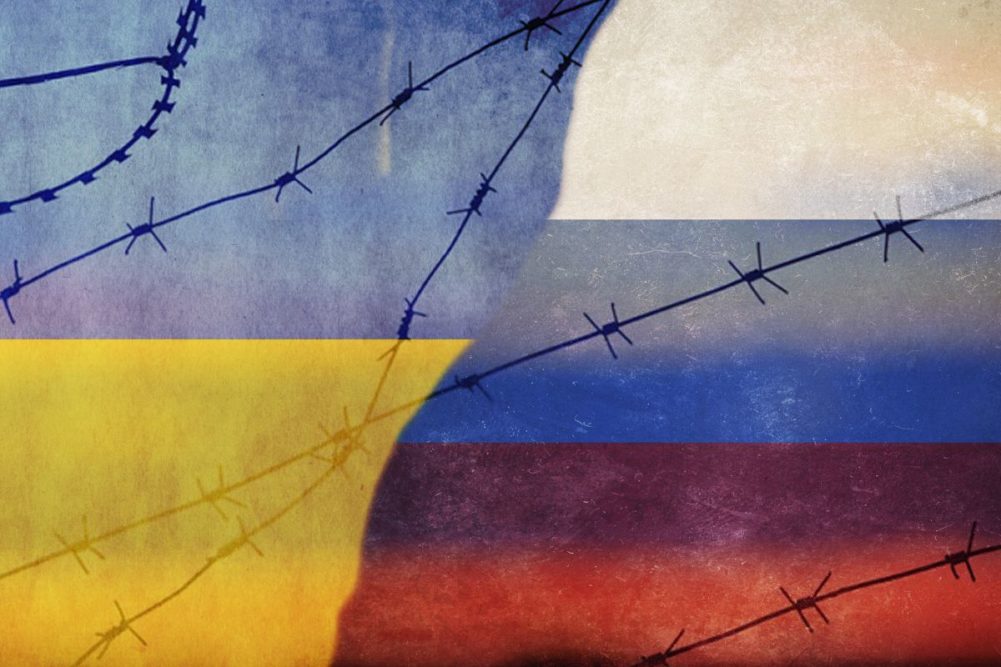KANSAS CITY, MISSOURI, US – While territory is the main reason wars are fought, the natural resources embedded in that land, such as food, water, and energy sources, also are often a factor. The war in Ukraine, which began on Feb. 24 when Russia invaded its neighbor to the southeast, is an attempted land grab but food — more specifically, grain — is also at the heart of this bloody conflict between two of the world’s largest grain exporters.
 Arvin Donley
Arvin DonleyRussia can increase its food security and strengthen its position as a global grain supplier by taking control of Ukraine’s key grain production regions as well as its Black Sea port system. Ukraine, with financial and logistics support from the United States, the European Union and other members of the North Atlantic Treaty Organization (NATO), has fought to maintain control of its Black Sea ports while surrendering surprisingly little territory.
During this months-long conflict, Ukraine has seen grain storage complexes destroyed, wheat fields burned, and has accused Russia of stealing grain. It also lost perhaps its greatest agricultural leader when Oleksiy Vadatursky, the owner and chief executive officer of Nibulon, one of Ukraine’s largest agricultural companies, was killed in his home on July 31 during a bombing of the city of Mykolaiv by Russian forces. Although Mykolaiv endured widespread bombing that day, Ukrainian officials insist Vadatursky’s death was no accident, noting that the missile not only hit Vadatursky’s home, but the bedroom where he and his wife, Raisa, who also was killed, were located.
Why would Russia want to take out the owner of a large grain company? Former People’s Deputy of Ukraine Ihor Mosiychuk told the Kyiv Post that Vadatursky, viewed by Russia as a thorn in its side for many years, was developing alternative ways to export Ukrainian grain to the foreign market, bypassing Odesa’s blockaded ports.
Vadatursky was more than just a grain industry CEO, he was a national hero whose vision and leadership had helped convert Ukraine into a global power in grain after it gained independence following the dissolution of the Soviet Union in 1991.
That same year, Vadatursky founded Nibulon, building it into a powerhouse agricultural company with a well-developed network of elevators and river transshipment terminals with the capacity to store more than 2.25 million tonnes of grain.
Nibulon’s influence goes well beyond Ukraine’s borders, as prior to the war it was exporting nearly 1 million tonnes of grain per year.
A self-made man who was the son of a collective farmer in the former Soviet Union, Vadatursky in 2007 was awarded the Hero of Ukraine, the country’s highest honor, for his role in the development of its agricultural industry.
But as revered as he was in Ukraine, he was reportedly reviled by the Russian government. In 2014, following the Russian annexation of Crimea, Vadatursky was allegedly placed on the Kremlin’s blacklist for his support of Ukraine during the conflict.
As tragic as Vadatursky’s death is, his passing will undoubtedly inspire Ukrainians to fight even harder for their sovereignty and freedom, and to ensure that some of the world’s most fertile cropland remains in its possession rather than being obtained by Russia.
Arvin Donley is editor of World Grain.






